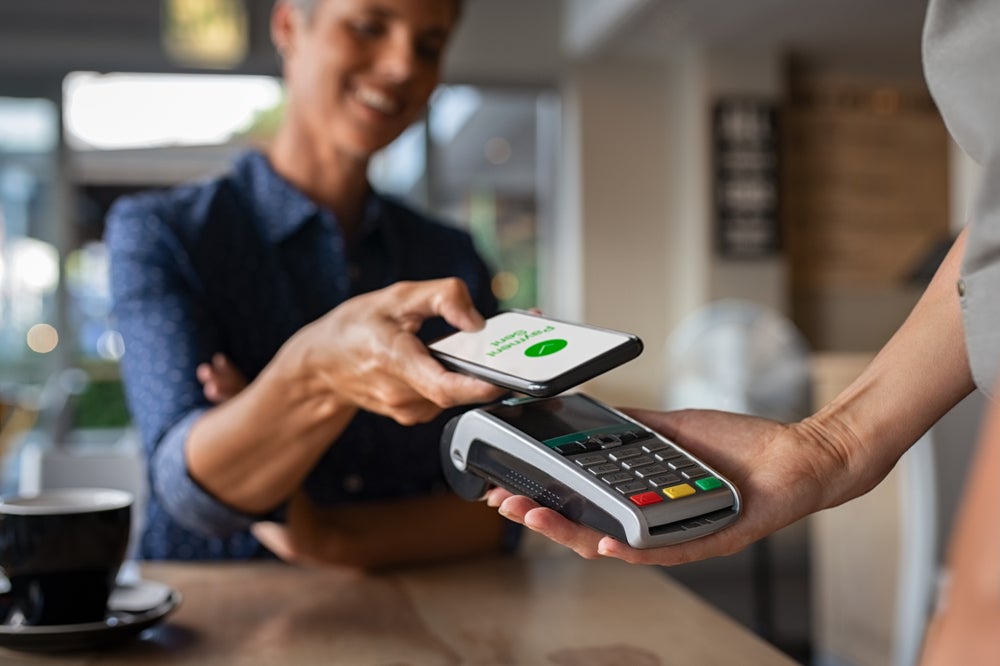What does it take to launch a credit card- indeed a virtual credit card? Anna Milne talks to Wellspring Financial’s Peter Kalen about the Canadian SME financing market and how he spotted a market to launch its first virtual credit card
Around 2012, Peter Kalen noticed a lot of competitors and SMEs weren’t advertising promotional financing anymore- no 0% interest or deferred payments. Given that Canada hadn’t fully recovered from recession, he felt this seemed strange. He decided to do something about it. “GE Money, HSBC Finance, Wells Fargo and Citi Financial had all retreated from the market, the first three completely exited, Citi Financial curtailed their lending and activities and a lot of SMEs were left without the ability to offer sales financing and to compete with the big guys. It seemed like the perfect opportunity to get into the market and address that gap.”
Kalen left Sears in June 2013 and launched a pilot phase in July 2014. It took about a year to get fully off the ground- “which, for a credit card company I would say is record time”. Wellspring Financial received a huge boost in the form of funding from KGS Investment bank so it is well placed to increase distribution, fast. So far, it has up to 350 retailers but “hopes to be in thousands of locations over the next few years”.
In Canada, SMEs represent a large portion of retail sales in furniture, appliances, home furnishings, patio furniture, etc, still. Depending on the category, anywhere from 40-60% is small/medium sized retailers. Not being able to offer sales financing is a massive disadvantage to them.
Speed, ease of application and high approval rates are the key success factors. Good retailers recognise the power of financing to close a sale when a customer is wavering on buying something- if deferred payment or payment in instalments is offered it can often close a sale.
“We have a private label credit card, meaning each merchant gets their own credit card with a dedicated line- a store card. The process begins with a tablet, the sales person enters finance amount, plan type and ID and a credit card is tapped to pre-populate the customer’s details. Almost every credit card in Canada now is issued with contactless technology. Income information is inputted privately by customer (previously they input on a form and hand over to the sales assistant so there is an extra degree of privacy with this format). A summary of T&Cs is presented to them on screen, which they click accept to, and the application is processed there and then. The merchant photographs the receipt, which is sent to the back office- it’s all paperless. In Canada, first use of the credit card is deemed acceptance of the terms and conditions therefore they need the terms in advance. The customer receives the QR code, which is their virtual private label credit card and they can present it on their phone to be scanned or it can be printed and scanned. These cards are only used once in a while because they’re financing a big ticket.
Wellspring adjudicates and underwrites the customer, in the merchants’ location. The merchant gets paid in a couple of days, then the customer pays Wellspring according to whatever plan was selected.
How well do you really know your competitors?
Access the most comprehensive Company Profiles on the market, powered by GlobalData. Save hours of research. Gain competitive edge.

Thank you!
Your download email will arrive shortly
Not ready to buy yet? Download a free sample
We are confident about the unique quality of our Company Profiles. However, we want you to make the most beneficial decision for your business, so we offer a free sample that you can download by submitting the below form
By GlobalData“If you’re in a less competitive space then you can afford to charge a bit of interest- it really depends on category merchant is in. There are 100-plus different options.”
Speed of launch:
– A great team, experienced in the credit card space. And sleepless nights
– Leverage industry experts- building yourself poses risk and takes time. For credit adjudication we outsourced to Experian- putting our own credit criteria into an existing product
– Same with call centre- instead of building one, we partnered with Millenium One solutions, the same platform Citi Bank has 200 million credit cards on, allowing us to focus on the business model- signing up merchants, refining the offering and pricing. Starting up a company is all about mitigating risk- if you introduce risk, the more you develop yourself, the more risk you’re introducing in different areas
The biggest challenge? “I thought I knew most things one needed to know about credit cards, given that I’ve been at it my whole life and that I’ve been fortunate enough to work in medium-sized companies, eg Chase operating the Sears platform for Canada, giving me an end-to-end view which you wouldn’t at a large company. Launching a credit card from scratch is an excruciatingly complex undertaking. On an instalment loan it’s straightforward, you figure out the interest rate and there’s a repayment schedule and you’re done. On a credit card there are all kinds of variables- what if someone has two plans, misses a payment or makes a partial payment? A credit card is very, very complicated but in all fairness that’s where the opportunity is.”
“I remember walking around at the beginning, thinking I wouldn’t wish launching a credit card from scratch on my worst enemy.”
Benefits of virtual?
A virtual card means not having to maintain an inventory of terms and conditions at retail locations. By being virtual and in our own closed loop and network, there’s no need for us to form a relationship with all the merchant acquirers because the plastic doesn’t need to be recognised -we’re using our own tablet and QR code.
Challenges
Uncharted territory on regulations made it difficult: working with all of our partners from credit bureaus and lawyers to insurance and so on, working out how it would work with a virtual credit card was complex.
One of the advantages of being a smaller company is that we’re nimble and quick to be able to address market needs. Having a newly built solution instead of an older one is advantageous- it’s hard to move a large organisation and we’re counting on small size to allow us to better serve our customers, our merchants and be able to stay ahead in terms of technology.
For the foreseeable future I think this is how we intend to grow- it is a big market opportunity, merchants need to have options and we want to be able to provide that. There are a lot of categories that people do not use financing for which they could and should.
People are familiar with promotional financing for big ticket purchase in certain spaces. The same financing offer in a category that they’ve never thought of, such as a dress, suit, tombstone, veterinary procedure or cosmetic surgery, makes them uncomfortable. Some of the more progressive retailers are starting to use it but there’s a leap that needs to happen in the customer’s mind. So there are lots of categories that we could grow into, and we plan to.
In the long run, I think everybody should offer it. In a big ticket purchase environment a merchant is doing himself a disservice by not offering it, regardless of the market segment they’re going after. A lot of high end retailers say their customers don’t need financing; they use credit cards or cash. But my immediate response to that would be there is a number for everybody, beyond which they are uncomfortable paying upfront in one fell swoop. For most people that number is 1500. A big ticket purchase is an unusual, out of the ordinary expense and for the average person, $1,500-3,000 is definitely a big ticket purchase. I think everybody should offer it and our goal would be to get retailers there.






